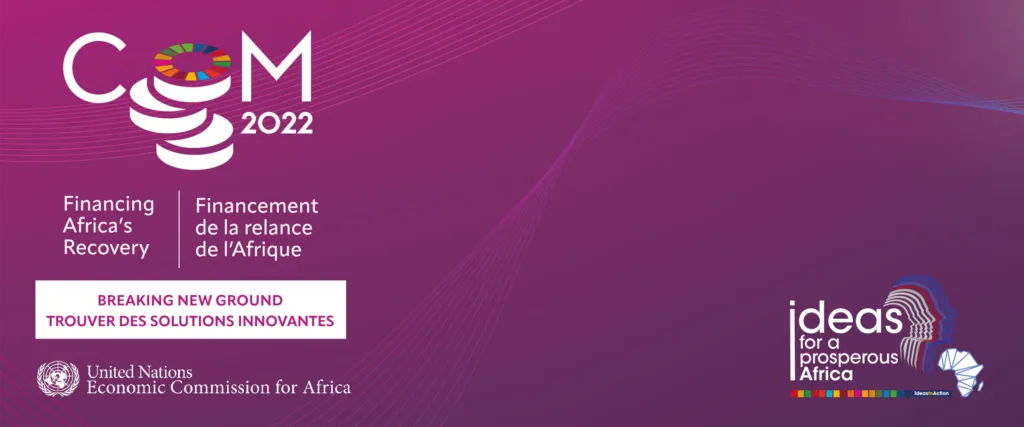If Africa wants to build back better from the Covid-19 pandemic, it must significantly ramp up investments in energy – particularly green energy – said Jean Paul Adam, Director, Climate Change, Natural Resource Management and Technology at UNECA.
“We have around 600 million Africans who don’t have access to electricity, so we have to significantly increase investments in energy projects to make sure that we meet the sustainable development goals (SDGs),” he said.
One of the main barriers to investment is the undeveloped nature of Africa’s capital markets, preventing companies and sovereigns from easily raising capital.
On the international markets, governments struggle to access affordable financing due to a risk premium attached to African debt.
“There is an issue of access to financing at affordable rates even when African countries have a decent ranking. South Africa, Egypt and Morocco are some of the best ranked countries but they have interest rates that are four times more than countries in Europe with similar rankings,” said Adam.
But the lack of investment does not reflect a lack of interest in green energy projects – there is a huge drive towards renewables yet only 1% of green energy bonds are in Africa, said Nabil Jedlane, professor at Morocco’s Abdelmalek Essaadi University.
Indeed, Morocco is a good example of an African country that has made considerable progress transitioning away from fossil fuels to green energy.
The kingdom is currently at 38% green energy, with the aim of ramping up the share of renewables to more than half of the total energy mix within the next few years.
Hicham Elamy, Director of the Moroccan Authority for Capital Markets, said the transition was kickstarted by COP 2016 which was held in Marrakech.
In the next few years, the government came up with a “practical guide” and “framework” on how to boost investment in renewable energy in Morocco.
The guide brought together key stakeholders in the private and public sectors to agree on regulation before it was implemented.
Morocco’s first green bond was issued in November 2016 to finance the Noor Solar Power plant to the tune of $117m.
The issuance was oversubscribed, Elamay said, pointing to an example where capital markets can drive investment into renewable energy in Africa.

Want to continue reading? Subscribe today.
You've read all your free articles for this month! Subscribe now to enjoy full access to our content.
Digital Monthly
£8.00 / month
Receive full unlimited access to our articles, opinions, podcasts and more.
Digital Yearly
£70.00 / year
Our best value offer - save £26 and gain access to all of our digital content for an entire year!
 Sign in with Google
Sign in with Google 



